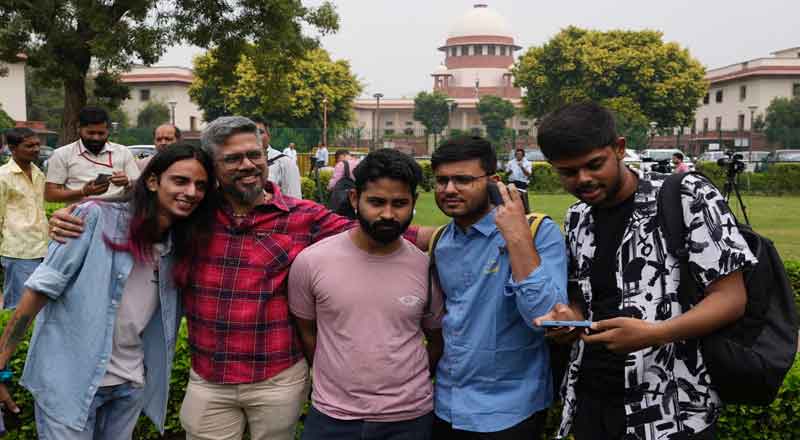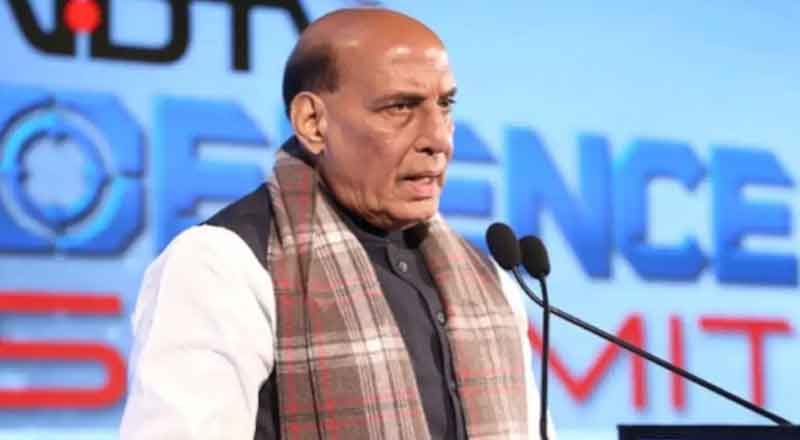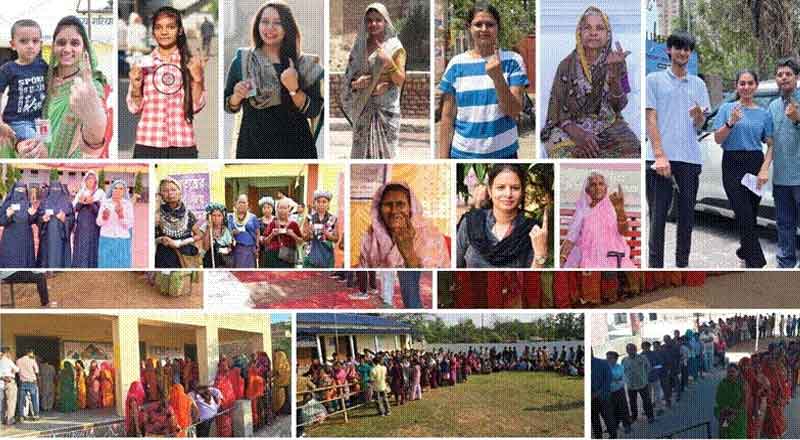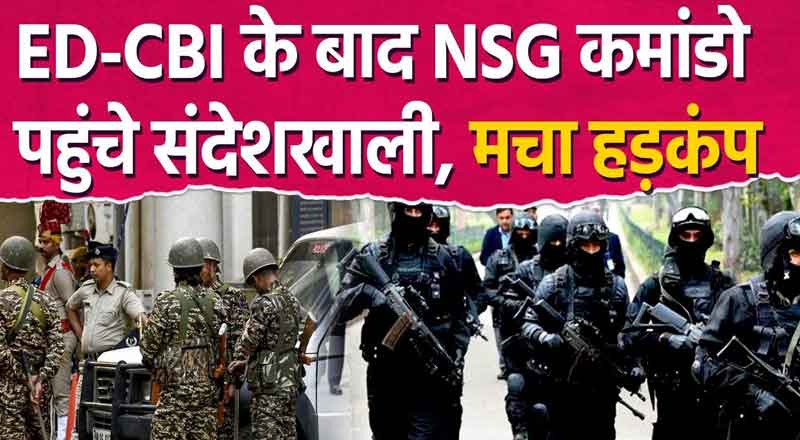- The Supreme Court refused to give marriage equality rights to the LGBTQIA+ community in India.
- Says ‘Parliament to Decide on It’
- The court ruled on a series of petitions that sought legal validation for same-sex marriage under the Constitution.
- The Centre, states, and UTs were instructed by the CJI, who leads the constitution bench, to ensure that the queer community is not subjected to discrimination.
- The CJI ordered the police to conduct a preliminary investigation before filing an FIR against a queer couple over their relationship.
- He said that homosexuality or queerness is not an urban or upper-class concept.
India’s top court has declined to legally recognize same-sex unions in a landmark ruling that also emphasized the rights of the LGBTQ community to be free of prejudice and discrimination.
Campaigners had sought to obtain the right to marry under Indian law, giving them access to the same privileges extended to heterosexual couples, but while that was denied they welcomed the court’s recognition of their relationships.
A five-judge constitution bench led by India’s chief justice delivered the much-anticipated verdict on Tuesday, streamed live across the nation and to crowds outside the court who gathered to watch on their cellphones.
During the two-hour ruling, Chief Justice D. Y. Chandrachud said queerness is a “natural phenomenon,” and told the government to ensure the “queer community is not discriminated against because of their gender identity or sexual orientation.”
Justice S. Ravindra Bhat said the right of LGBTQ couples to choose their partners was not contested, and they were entitled to celebrate their commitment to each other “in whichever way they wish within the social realm.” However, he added: “This does not extend the right to claim any legal entitlement to any legal status for the same union or relationship.”
Bhat called for a “high-powered committee” to be formed to evaluate laws that indirectly discriminate against LGBTQ couples by denying them “compensatory benefits or social welfare entitlements” that usually come with being legally married. India’s marriage laws bar millions of LGBTQ couples from accessing legal benefits attached to matrimony in relation to matters including adoption, insurance and inheritance.
More than a dozen petitioners had challenged the law, taking their case to the Supreme Court, which heard their arguments during hearings in April and May. Susan Dias, one of the petitioners in the case, said she, along with her partner were “disappointed” with the verdict. “We were hopeful that it would go a little more positively,” she said. “We filed the petition with the hope that we’d leave with some rights. So, definitely disappointment but I don’t think we’ve taken any steps back.”
The ruling government of the Bharatiya Janata Party (BJP) had opposed calls to legalize the unions. In a submission to the court earlier this year, the lawyer for the government, Solicitor Tushar Mehta, called same-sex marriage an “urban” and “elitist” concept – one that is “far removed from the social ethos of the country.”
(With inputs from agencies)





